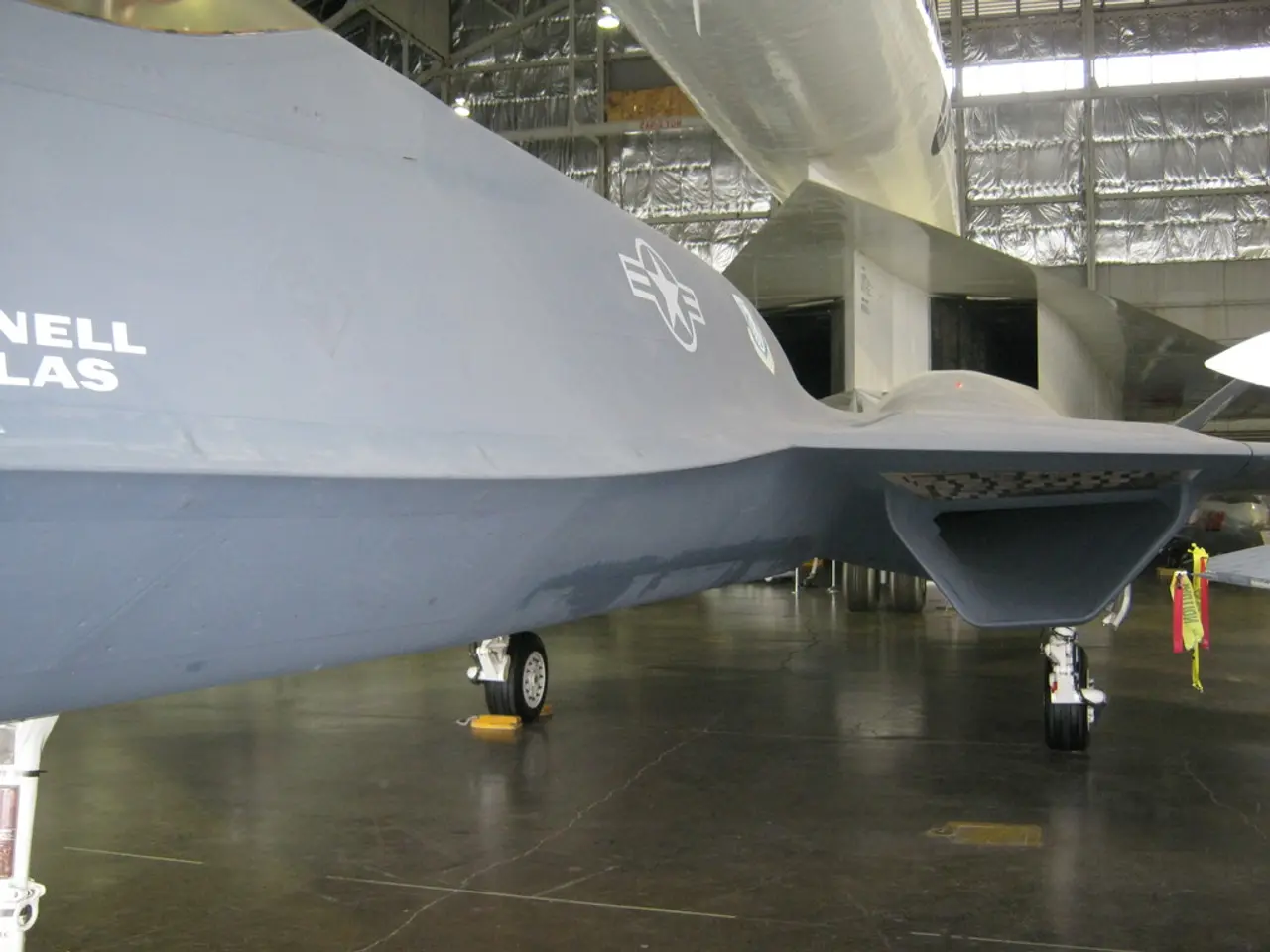KLM Unveils Multi-Pronged Strategy for Long-Term Competitiveness
KLM, the Dutch flag carrier, is implementing a multi-faceted strategy to ensure its long-term competitiveness and sustainability. The airline aims to boost employee productivity, address a pilot shortage, and manage costs effectively.
KLM is targeting a 5% increase in employee productivity by 2025 through automation, mechanization, and reducing absenteeism. To enhance its fleet, the airline plans to add new aircraft such as the A321neo, A320neo, Embraer E2, Boeing 787-10, and A350. To tackle the pilot shortage, KLM is committed to operating all flights with its own pilots.
The airline is currently facing high costs and tight capacity, with planes full but capacity not yet back to pre-Corona levels. To address this, KLM is exploring options for outsourcing, selling, or discontinuing activities that do not directly contribute to flight operations. The airline's goal is to operate a healthy and future-proof airline that maintains its network and services for customers and secures jobs within the company.
KLM is investing heavily in fleet renewal, with plans to spend seven billion euros over the coming years to replace older aircraft with newer, more fuel-efficient models. However, despite increasing revenues, KLM has reported an operating loss of 31 million euros in the first half of 2024 due to rising costs. To improve its operating result, KLM has announced a cost-cutting program aiming to save 450 million euros in the short term. Additionally, the airline is investing in safety, compliance, and introducing new products on board to increase revenue.
KLM is working on multiple fronts to ensure its long-term success. By boosting productivity, enhancing its fleet, addressing the pilot shortage, and managing costs effectively, KLM aims to maintain its network, services, and jobs while remaining competitive in the market.







